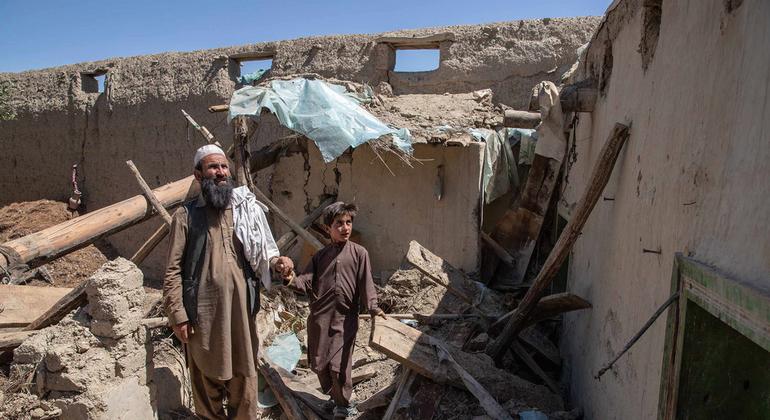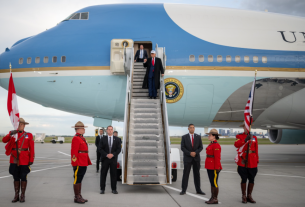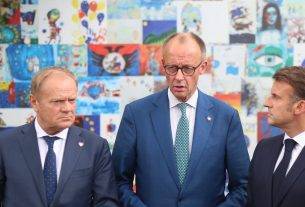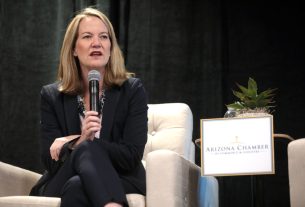Dr. Ramiz Alakbarov, UN Humanitarian Coordinator for Afghanistan, said that amid severe underfunding, the move would “further undermine humanitarian partners’ ability to support the population, especially the most vulnerable such as women and girls”.
“The world cannot abandon the people of Afghanistan at this precarious moment,” Dr. Alakbarov insisted, before urging the international community “not to punish the Afghan people further by withholding critical funding”.
Multiple top UN officials, starting with Secretary-General António Guterres, have condemned the latest Taliban decision. On Wednesday, the deputy UN chief, Amina Mohammed, pledged continued engagement by UN leadership with Taliban representatives to resolve the situation.
Grim precedent
In a statement on Wednesday, the UN Assistance Mission in Afghanistan (UNAMA) said Special Representative Roza Otunbayeva, was engaging authorities at the highest level possible, as well as other Member States, the donor community and humanitarian partners, to reverse the latest Taliban decree.
“In the history of the United Nations, no other regime has ever tried to ban women from working for the Organization just because they are women. This decision represents an assault against women, the fundamental principles of the UN, and on international law,” said Ms. Otunbayeva.
Biggest aid operation
With a record 28.3 million people in need of assistance in 2023 and a humanitarian appeal of $4.6 billion, Afghanistan is the world’s largest aid operation. It is also the UN’s lowest-funded operation globally, at less than five per cent.
“While we continue to engage with the Taliban de-facto authorities to find a solution to these decrees, we urge the international community not to punish the Afghan people further by withholding critical funding”, said the Resident and Humanitarian Coordinator in Kabul.
Ramiz Alakbarov, UN Resident Coordinator in Afghanistan, briefs journalists at a press conference on the situation in Afghanistan.
“Aid agencies remain on the ground delivering life-saving assistance to millions of people, and national and international NGOs have continued to implement programmes over the past three months, despite the very challenging circumstances.
Keep the lifeline
“The population has already endured so much, it would be unconscionable to impose further harm on them by depriving them of an essential humanitarian lifeline,” said Dr. Alakbarov.
Over the past twenty months, Taliban leaders have issued a series of increasingly restrictive measures targeting women and girls which have sought to limit their participation in all aspects of social, economic and political life.
Rights experts demand Taliban reverse course
A large group of UN-appointed independent human rights experts on Thursday demanded the immediate reversal of the Taliban’s ban on Afghan women working for the UN.
They described it as unlawful discrimination, and a direct attack on women, “and wholly against the core values and principles” of the UN Charter, and the Universal Declaration of Human Rights (UDHR).
All Afghan lives at risk
The latest ban will further hamper the delivery of critical assistance to millions of Afghans in need of urgent support, with many of the worst impacted being women and girls, they warned.
“In continuing to target, exclude and isolate women and girls in Afghan society and denying women from working in many professions in Afghanistan, the Taliban is putting at risk the lives of all Afghans and jeopardising the country’s future”, the Human Rights Council-appointed experts said.
“The Taliban is once again demonstrating its brazen disregard for women’s rights and their well-being, and the extent to which they will go to remove women from all areas of public life and strip them of their rights and dignity”.
Lift bans immediately
“The targeting of women and girls in Afghanistan and denying their fundamental rights because they are women increases concern about gender persecution, a crime against humanity, and those responsible must be held accountable,” they said.
“We call on the de facto authorities to immediately lift the bans on women working with national and international NGOs and the United Nations”, their joint statement concluded.
Special Rapporteurs and other independent experts are mandated to monitor and report on specific thematic issues or country situations. They are not UN staff and do not receive any compensation for their work.



